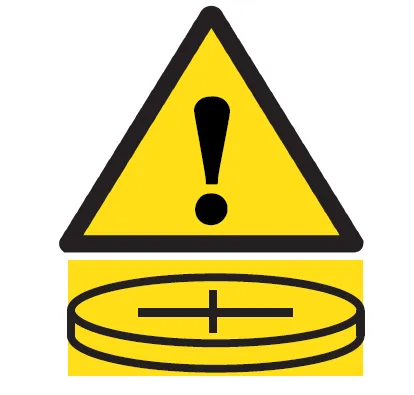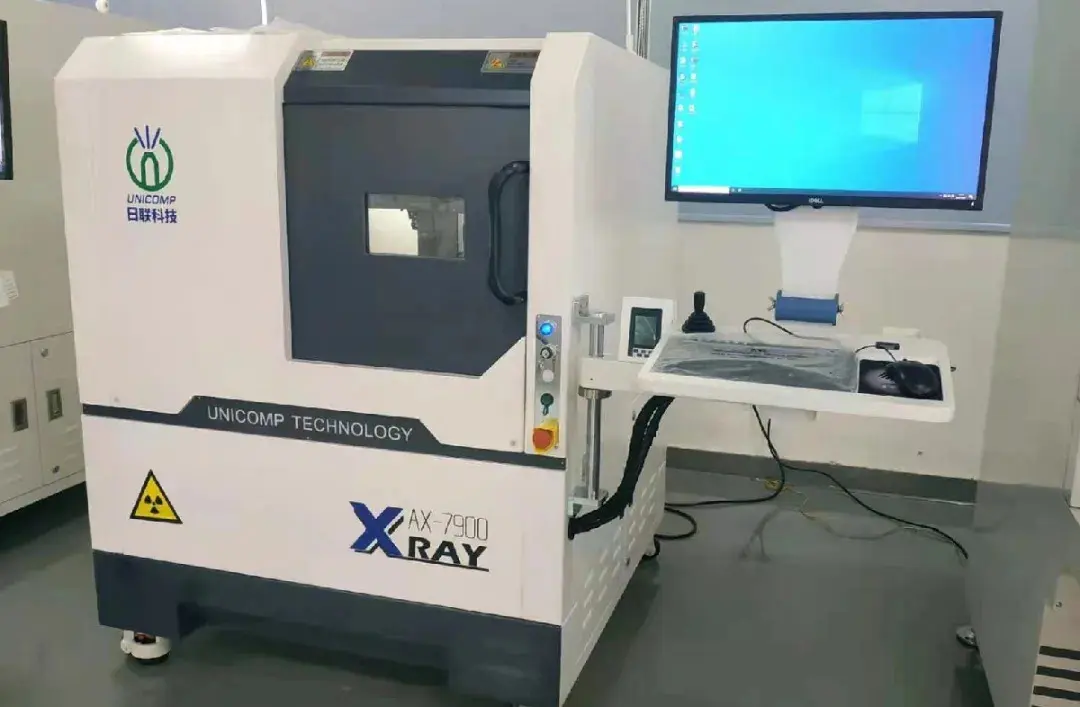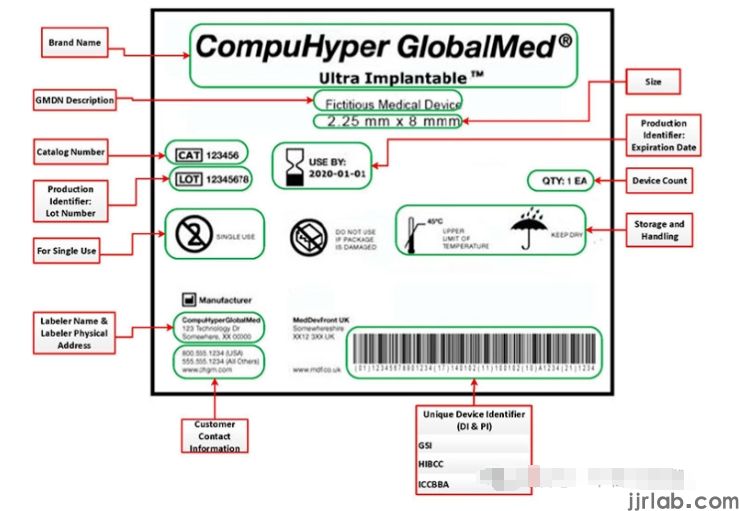
What certifications for Middle East exports?
Translation: What certifications are needed for exporting products to the Middle East?
The Middle East market has seen rapid development in recent years, with a young consumer base, increased internet penetration, and policy support laying the foundation for vibrant growth in foreign trade markets. Exporting products to the Middle East also requires various certifications.
1. Overview of the Middle East Market:
The Middle East market refers to the region primarily in West Asia, spanning the continents of Europe, Asia, and Africa, including countries such as Iran, Kuwait, Pakistan, Saudi Arabia, and Egypt. With a total popULation of 490 million, the average age in the region is 25 years old, with over half of the population being young people who constitute the main consumer group for cross-border e-commerce, especially mobile commerce.
Due to heavy reliance on resource exports, countries in the Middle East generally have a relatively weak industrial base and a single industrial structure, leading to increasing demand for consumer and industrial goods. In recent years, trade between China and the Middle East has been closely intertwined.
Introduction to Major Middle Eastern Countries:
- Saudi Arabia: One of the wealthiest countries in the world, rich in oil resources, with a large land area in the Middle East and a leading economy. It also possesses highly advanced military weaponry and holds significant influence in Middle Eastern affairs.
- Israel: The only developed country in the Middle East, with a high level of industrialization and strong overall econoMIC strength, ranking highest in the Middle East in terms of economic development, commercial freedom, press freedom, and overall human development index.
- Iran: An important country in the Middle East, with nearly 3000 kilometers of coastline and mountainous terrain, and a significant land area in the region.
- Iraq: Located in the central region of the Middle East, abundant in oil resources.
- Kuwait: A country whose primary source of income is oil, and one of the important oil-producing countries in the Middle East.
- Turkey: A country spanning the continents of Europe and Asia, strategically important in terms of geography and geopolitics, with a strong industrial base, and one of the fastest-growing economies globally.
- United Arab Emirates: A West Asian desert country known for its oil production, with the nickname "Flower of the Desert."
- Syria: A country in the Middle East with a rich history and culture.
- Bahrain: An island nation located in the Persian Gulf, one of the smallest countries in the Middle East.
2. Major Certifications in the Middle East:
1. Saudi Saber Certification:
Saber certification is an online application system introduced by SASO. Saber is essentially a network tool used for product registration, issuance, and obtaining compliance COC certificates. The Saber complianCE certification plan integrates regulations, technical requirements, and control measures to ensure the safety of local and imported products.
saber certificates are divided into 2 types: PC certificate (Certificate Of Conformity For Regulated Products) and SC certificate (Shipment Conformity certificate for imported products).
PC certificate is a product registration certificate, requiring the submission of product testing reports (some product manufacturers also need factory inspection) to register in the Saber system, and the certificate is valid for one year.
Saudi Saber certification regulations are roughly divided into several categories:
Category 1: Supplier Conformity Declaration (non-regulated category, supplier conformity declaration)
Category 2: COC Certificate OR QM Certificate (general regulation, COC certificate or QM certificate)
Category 3: iecee certificate (products regulated by IECEE standards, also requiring IECEE application)
Category 4: GCTS Certificate (products regulated by GCC regulations, also requiring gcc certification application)
Category 5: QM Certificate (products regulated by GCC regulations, also requiring QM application)
2. Gulf Cooperation Council (GCC) Certification, GMARK Certification:
gcc certification, also known as GMARK certification, is a certification system for member countries of the Gulf Cooperation Council (GCC). The GCC is a political and economic cooperation organization consisting of six Gulf countries: Saudi Arabia, the United Arab Emirates, Kuwait, Qatar, Bahrain, and Oman. GCC certification aims to ensure that products sold in these countries meet consistent technical standards and regulations to promote international trade and improve product quality.
The GMark certification certificate refers to the official certification obtained by products certified by GCC. This certificate indicates that the product has passed a series of tests and audits and complies with the technical standards and regulations established by GCC member countries. The GMark certification certificate is usually one of the necessary documents for imported products to GCC countries to ensure legal sales and use.
Which products require GCC certification?
The scope of technical regulations for low-voltage electrical equipment and supplies covers electrical equipment products with alternating current voltages ranging from 50-1000V and direct current voltages ranging from 75-1500V. All products need to affix the GC logo to circulate among member countries of the Gulf Standardization Organization (GSO); products with the GC logo indicate that they already meet the requirements of GCC technical regulations.
Fourteen specific categories of products fall within the scope of mandatory GCC certification (regulated products) and must obtain GCC certification certificates issued by designated certification bodies.
3. UAE UCAS Certification:
ECAS refers to the Emirates Conformity Assessment System, a product certification program implemented in accordance with Federal Law No. 28 of 2001 in the United Arab Emirates. This program is implemented by the Ministry of Industry and Advanced Technology of the United Arab Emirates (formerly the Emirates Authority for Standardization & Metrology, ESMA). Products within the scope of ECAS registration and certification must be affixed with the ECAS logo and the designated agency's NB number, and must apply for and obtain a Certificate of Conformity (CoC) to enter the UAE market.
Products imported into the UAE must obtain ECAS Certification to be sold locally. ECAS, short for Emirates Conformity Assessment System, is implemented and certified by ESMA, the Emirates Standardization Authority.
4. Iran COC Certification, Iran COI Certification:
Iranian certification for export COI (certificate of inspection) refers to the relevant inspection requirements of Iranian import mandatory law. When products exported fall within the COI (certificate of inspection) scope, importers must undergo inspection according to the Iranian National Standard ISIRI during customs clearance and obtain a certificate. To obtain certification for exports to Iran, it is necessary to undergo relevant certification through authorized third-party organizations. Most industrial products, equipment, and machinery imported into Iran need to follow the mandatory certification procedures established by the Iranian Standards Industrial Research Institute (ISIRI). Iranian import regulations are complex and require a large number of supporting documents. For details, refer to the list of products subject to mandatory certification in Iran to understand the products that must undergo the ISIRI "compliance check" procedure.
5. Israel SII Certification:
SII stands for the Israel Standards Institution. Although SII is a non-governmental organization, it is directly managed by the Israeli government and is responsible for standardization, product testing, and certification work in Israel.
SII is a mandatory certification standard in Israel. For products entering Israel, Israeli customs control and inspection are used to ensure compliance with relevant quality requirements. Customs inspection times are usually long, but if importers have obtained SII certificates before shipment, customs inspection procedures will be greatly REDuced, and Israeli customs will only check the consistency between the goods and the certificate without random checks.
According to the "Standardization Law," Israel classifies products into four levels based on the degree of harm they
may cause to public health and safety:
- Class I: Products with the highest degree of risk to public health and safety, such as household appliances, children's toys, pressure vessels, portable fire extinguishers, etc.
- Class II: Products with a moderate potential risk to public health and safety, including sunglasses, various types of balls, pipeline installations, carpets, bottles, building materials, etc.
- Class III: Products with a low risk to public health and safety, including tiles, ceramic sanitary ware, etc.
- Class IV: Products intended for industrial use and not directly facing consumers, such as industrial electronic products, etc.
6. Kuwait COC Certification:
For each batch of goods exported to Kuwait, a COC (Certificate of Conformity) clearance permit document must be submitted. The COC certificate is a document certifying that the product meets the technical specifications and safety standards of the importing country, and is one of the necessary permit documents for customs clearance in the importing country. If the quantity of products in the control catalog is large and shipments are frequent, it is recommended to apply for the COC certificate in advance to avoid delays and inconvenience caused by the lack of COC certificates before shipment.
During the application process for the COC certificate, a technical inspection report for the product is required. This report must be issued by an accredited inspection or certification body, proving that the product meets the technical specifications and safety standards of the importing country. The contents of the inspection report should include the product's name, model, specifications, technical parameters, inspection methods, inspection results, etc. Additionally, relevant information such as product samples or photos must be provided for further inspection and review.
Email: hello@jjrlab.com
Email:hello@jjrlab.com
Write your message here and send it to us
 JJRLAB's New Chemical Laboratory Expansion Complet
JJRLAB's New Chemical Laboratory Expansion Complet
 JJRLAB 5G NR and Sub 6G communication testing
JJRLAB 5G NR and Sub 6G communication testing
 JJRLAB Completes Expansion of CPSC Full Project
JJRLAB Completes Expansion of CPSC Full Project
 What certifications for Middle East exports?
What certifications for Middle East exports?
 US-bound button cell batteries need UL4200A-2023
US-bound button cell batteries need UL4200A-2023
 Button batteries ANSI/UL 4200A-2023 Laboratory
Button batteries ANSI/UL 4200A-2023 Laboratory
 What is a Dun & Bradstreet (D-U-N-S®) Number?
What is a Dun & Bradstreet (D-U-N-S®) Number?
 The Compliance Process of UDI with the U.S. FDA
The Compliance Process of UDI with the U.S. FDA
Leave us a message
24-hour online customer service at any time to respond, so that you worry!




